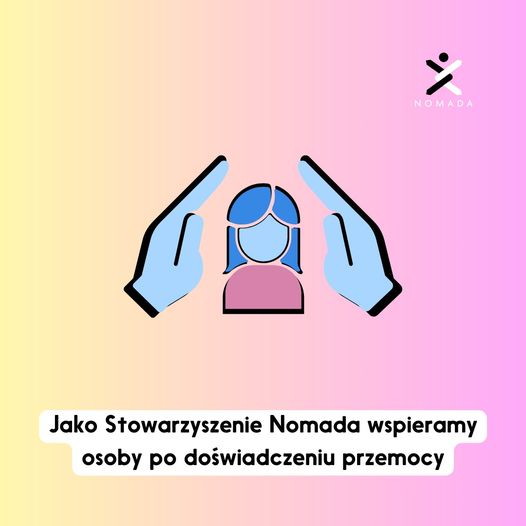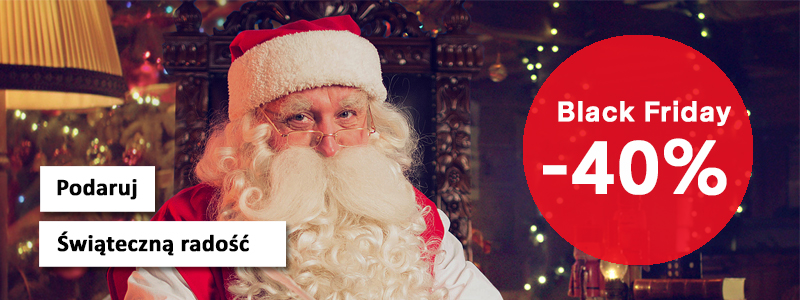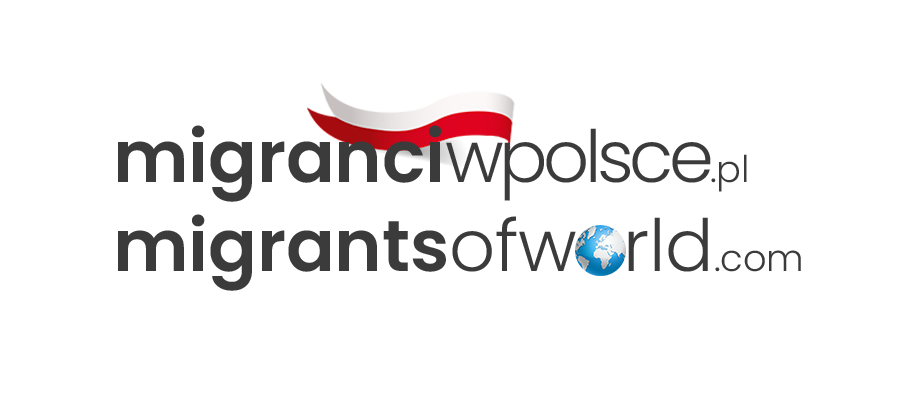PL/EN
Jedną z grup najbardziej narażonych na przemoc, a jednocześnie grupą najsłabiej przed nią chronionych, są migrantki, uchodźczynie i kobiety wywodzące się z mniejszości etnicznych. Doświadczają one podwójnej dyskryminacji – jako kobiety i jako cudzoziemki. Codzienne bariery w nowym miejscu zamieszkania, m.in. słaba znajomość języka, prawa, instytucji i możliwości, bariery kulturowe sprawiają, że są one osobami szczególnie wrażliwymi.
Niestety, dziś w Polsce nie uwzględnia się wielu form przemocy motywowanej płcią, doświadczanych przez kobiety tak w sferze prywatnej, jak i publicznej. Według danych z raportu Agencji Praw Podstawowych UE (FRA) w Polsce, we własnym domu, przemocy fizycznej doświadczyło 15% respondentek, w mieszkaniu innej osoby – 16%, w szkole – 18%, w pracy – 6%, w sklepie lub restauracji – 22%, na ulicy, w parku lub w innym miejscu publicznym – 12%.
Zapobieganie przemocy ze względu na płeć powinno stać się jednym z priorytetowych działań każdego rządu tak na szczeblu narodowym, jak i lokalnym. Na ten moment w Polsce jednak tak nie jest. Brakuje m.in. krajowej strategii przeciwdziałania przemocy wobec kobiet ze względu na płeć.
Dlatego, jako Nomada wspieramy osoby doświadczające przemocy. Od początku roku intensywnie i konsekwentnie rozwijamy nasz dział GBV, czyli zespół ds. przemocy ze względu na płeć (ang. gender-based violence). Zespół tworzą specjalistki z różnych dziedzin, z doświadczeniem i kompetencjami kluczowymi, by wspierać osoby – Nina, Magdalena, adw. Natalia, Halina, Agnieszka. Znajdziesz u nas wsparcie interwencyjne, prawne, emocjonalne i psychologiczne.
Jesteśmy ze wsparciem od poniedziałku do piątku, w Miejsce Otwarte. Centrum Integracji Międzykulturowej we Wrocławiu przy ul. Braniborskiej 40. Na konsultację możesz zapisać się meilowo: miejsceotwarte@nomada.info.pl lub telefonicznie: +48 732 983 676
EN
One of the groups most vulnerable to violence, and at the same time the group least protected from it, are migrant, refugee and ethnic minority women. They experience double discrimination – as women and as foreigners. Everyday barriers in their new place of residence, including poor knowledge of language, law, institutions and opportunities, and cultural barriers make them particularly vulnerable – due to their insecure status, they belong to the group of people most at risk of violence.
Unfortunately, many forms of gender-based violence experienced by women in both the private and public spheres are not addressed in Poland today. According to data from a report by the EU Agency for Fundamental Rights (FRA), in Poland, physical violence was experienced by 15 per cent of female respondents in their own home, 16 per cent in another person’s home, 18 per cent at school, 6 per cent at work, 22 per cent in a shop or restaurant, and 12 per cent in the street, park or other public place.
Prevention of gender-based violence should become one of the priority actions of every government at both national and local level. At the moment, however, this is not the case in Poland. Among other things, there is a lack of a national strategy to prevent gender-based violence against women.
That is why, as Nomada, we support people experiencing violence. Since the beginning of the year, we have been intensively and consistently developing our GBV department, the gender-based violence team. The team is made up of specialists from different fields, with experience and key competences to support people – Nina, Magdalena, Natalia, Halina, Agnieszka. You will find intervention, legal, emotional and psychological support with us.
We are with support from Monday to Friday, in the Open Place. Centre for Intercultural Integration in Wrocław, ul. Braniborska 40. You can sign up for a consultation by e-mail: miejsceotwarte@nomada.info.pl or by phone: +48 732 983 676.
Żródło materiału: Stowarzyszenie NOMADA





